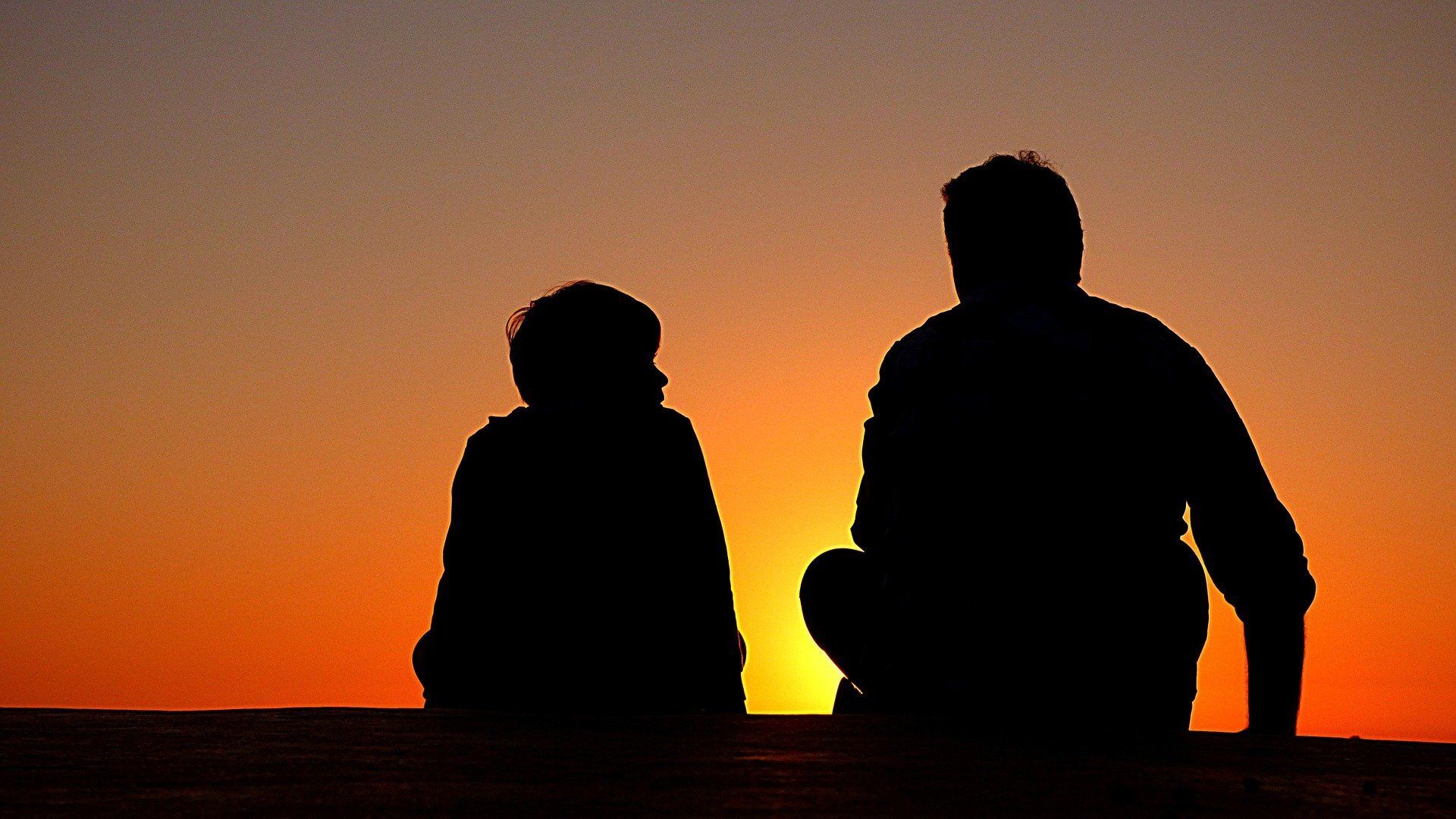https://sputnikglobe.com/20211106/india-and-russia-share-traditional-family-values-says-head-of-indias-premier-art-institute-1090496071.html
India and Russia Share Traditional Family Values, Says Head of India's Premier Art Institute
India and Russia Share Traditional Family Values, Says Head of India's Premier Art Institute
Sputnik International
In September, an Indian delegation visited Russia and signed a Memorandum of Understanding (MoU) with Buddhist organisations and educational and cultural... 06.11.2021, Sputnik International
2021-11-06T05:17+0000
2021-11-06T05:17+0000
2022-08-25T10:38+0000
russia
russia
cultural heritage
russian cultural center (rcc)
https://cdn1.img.sputnikglobe.com/img/07e5/05/07/1082828128_0:0:1920:1080_1920x0_80_0_0_f558bb5f491ae0cead6737e41339e1a1.jpg
Established in 1989, the Jawaharlal Nehru Cultural Centre in Moscow has been tasked with maintaining India’s cultural relations with the Russian Federation. The centre has been working in close coordination with a number of Russian universities to organise events on Indian culture.In an interview with Sputnik, Dr. Sachidanand Joshi, Member-Secretary of India’s premier art organisation, the Indira Gandhi National Centre for Arts (IGNCA), shared his experience and understanding of what he believes India and Russia have in common in terms of culture.Sputnik: As the IGNCA chief, how would you describe the significance of having a cultural relationship between two nations? What purpose does it serve?Dr. Joshi: A cultural relationship simply meant connecting two civilisations. We need to have cultural commonalities for any strategic relationship - oil, gas, nuclear energy, space and technology, military relationship, defence or any relations between two nations.For example, Russia is the biggest partner for India in the latter’s strategic programme. Almost 90 percent of the military arms in India come from Russia. Why is that so? Because India and Russia have traditionally been good friends for ages. Both nations trust each other. There were challenges with other nations, but there have never been severe challenges with Russia. We’ve been excellent friends since India’s independence (in 1947 from British rule). I believe the main focus of our relationship is more cultural rather than political. Sputnik: What do you see in common between Russian and Indian cultures?Dr. Joshi: There are lots of similarities between Russian and Indian traditions, we are studying Russian practices, values, households, music — these are a few of the things where I see us connecting with Russia.For example, there is so much similarity between the Russian and Sanskrit languages. “Odin, Dwa, Tri, Chetire, Pyat, Shest…” whereas Sanskrit counting is: “Eka, Dwi, Tri, Chatur, Pancha Shash….”These are not mere coincidences; the bond between the two countries is ancient.Similarly, traditional family values between India and Russia are at large the same.Unlike Europe or the USA, we don’t live in nuclear families in both countries, where children limit their interaction with parents. Many children are still living with their parents. The sceptic could argue… But I’m sharing a general picture.Apart from these, we’re connecting in terms of Buddhism — we are researching how Buddhism travelled to Russia and exploring if there is any Indian connection to it.Sputnik: You were part of a delegation that recently visited Russia and signed three MoUs. Tell us about that. Dr. Joshi: I only went to Moscow and St. Petersburg — Datsan Gunzechoinei, the first Buddhist temple in northwestern Russia, while the others also visited Chita, Buryatia, Kalmykia, and Tuva.We also signed a Memorandum of Understanding between the Indian Ministry of Culture and various educational institutions in Russia. Both parties agreed to cooperate in educational and cultural areas, particularly in the field of Buddhist philosophy, Buddhist science, astrology, medicine and the arts. We will study their manuscript so that we can find out the roots of Buddhist commonality.Around 2010, Russian archaeologists found (likenesses of) Indian deities, which were believed to have been built about 4,000 years ago. Based on these facts and research, I sincerely believe there is much to be found.Sputnik: How did the Russian government respond to your visit and how do the Russians look at the kind of exploration being done on such subjects? Dr. Joshi: On the side of the Russian government, we received a very warm welcome. In my personal view, I felt that the Russians have a hunger for spirituality. Lots of people are practising Indian Vedic tradition in Russia. Indian gurus like — Maharishi Mahesh Yogi, Sri Sri Ravi Shankar, Sai Baba and many others are really famous in Russia and have a good number of followers.We found that people wanted to learn (ancient Hindu texts) Upanishads and Vedas, which was quite a surprise for us.Well, we also learned quite a lot from them. We should study how phenomenally they are handling the prominent educational institute, in terms of the curriculum too. In Moscow alone, there are more than 100 universities and all of them are performing exceptionally well.I was also amazed by the way they were handling and recreating their library, museum and heritage. I think we need to learn that part from them.
russia
Sputnik International
feedback@sputniknews.com
+74956456601
MIA „Rosiya Segodnya“
2021
Deexa Khanduri
https://cdn1.img.sputnikglobe.com/img/07e4/0c/1e/1081607388_0:0:961:960_100x100_80_0_0_e9e931b8c1e18fb41f3074e2145d7a3a.jpg
Deexa Khanduri
https://cdn1.img.sputnikglobe.com/img/07e4/0c/1e/1081607388_0:0:961:960_100x100_80_0_0_e9e931b8c1e18fb41f3074e2145d7a3a.jpg
News
en_EN
Sputnik International
feedback@sputniknews.com
+74956456601
MIA „Rosiya Segodnya“
Sputnik International
feedback@sputniknews.com
+74956456601
MIA „Rosiya Segodnya“
Deexa Khanduri
https://cdn1.img.sputnikglobe.com/img/07e4/0c/1e/1081607388_0:0:961:960_100x100_80_0_0_e9e931b8c1e18fb41f3074e2145d7a3a.jpg
russia, cultural heritage, russian cultural center (rcc)
russia, cultural heritage, russian cultural center (rcc)
India and Russia Share Traditional Family Values, Says Head of India's Premier Art Institute
05:17 GMT 06.11.2021 (Updated: 10:38 GMT 25.08.2022) Deexa Khanduri
Sputnik correspondent
In September, an Indian delegation visited Russia and signed a Memorandum of Understanding (MoU) with Buddhist organisations and educational and cultural institutions. Dr. Sachidanand Joshi, Member Secretary of IGNCA, was also part of it.
Established in 1989, the Jawaharlal Nehru Cultural Centre in Moscow has been tasked with maintaining India’s cultural relations with the
Russian Federation.
The centre has been working in close coordination with a number of Russian universities to organise events on Indian culture.
In an interview with Sputnik, Dr. Sachidanand Joshi, Member-Secretary of India’s premier art organisation, the Indira Gandhi National Centre for Arts (IGNCA), shared his experience and understanding of what he believes
India and Russia have in common in terms of culture.
Sputnik: As the IGNCA chief, how would you describe the significance of having a cultural relationship between two nations? What purpose does it serve?
Dr. Joshi: A cultural relationship simply meant connecting two civilisations. We need to have cultural commonalities for any strategic relationship - oil, gas, nuclear energy, space and technology, military relationship, defence or any relations between two nations.
For example, Russia is the biggest partner for India in the latter’s strategic programme. Almost 90 percent of the military arms in India come from Russia. Why is that so? Because India and Russia have traditionally been good friends for ages. Both nations trust each other.
There were challenges with other nations, but there have never been severe challenges with Russia. We’ve been excellent friends since India’s independence (in 1947 from British rule). I believe the main focus of our relationship is more cultural rather than political.
Sputnik: What do you see in common between Russian and Indian cultures?
Dr. Joshi: There are lots of similarities between Russian and Indian traditions, we are studying Russian practices, values, households, music — these are a few of the things where I see us connecting with Russia.
For example, there is so much similarity between the Russian and Sanskrit languages. “Odin, Dwa, Tri, Chetire, Pyat, Shest…” whereas Sanskrit counting is: “Eka, Dwi, Tri, Chatur, Pancha Shash….”
These are not mere coincidences; the bond between the two
countries is ancient.
Similarly, traditional family values between India and Russia are at large the same.
Unlike Europe or the USA, we don’t live in nuclear families in both countries, where children limit their interaction with parents. Many children are still living with their parents. The sceptic could argue… But I’m sharing a general picture.
Apart from these, we’re connecting in terms of Buddhism — we are researching how Buddhism travelled to Russia and exploring if there is any Indian connection to it.
Sputnik: You were part of a delegation that recently visited Russia and signed three MoUs. Tell us about that.
Dr. Joshi: I only went to Moscow and St. Petersburg — Datsan Gunzechoinei, the first Buddhist temple in northwestern Russia, while the others also visited Chita, Buryatia, Kalmykia, and Tuva.
We also signed a Memorandum of Understanding between the Indian Ministry of Culture and various educational institutions in Russia. Both parties agreed to cooperate in educational and cultural areas, particularly in the field of Buddhist philosophy, Buddhist science, astrology, medicine and the arts. We will study their manuscript so that we can find out the roots of Buddhist commonality.
Around 2010, Russian archaeologists found (likenesses of) Indian deities, which were believed to have been built about 4,000 years ago. Based on these facts and research, I sincerely believe there is much to be found.
Sputnik: How did the Russian government respond to your visit and how do the Russians look at the kind of exploration being done on such subjects?
Dr. Joshi: On the side of the Russian government, we received a very warm welcome. In my personal view, I felt that the Russians have a hunger for spirituality. Lots of people are practising Indian Vedic tradition in Russia.
Indian gurus like — Maharishi Mahesh Yogi, Sri Sri Ravi Shankar, Sai Baba and many others are really famous in Russia and have a good number of followers.
We found that people wanted to learn (ancient Hindu texts) Upanishads and Vedas, which was quite a surprise for us.
Well, we also learned quite a lot from them. We should study how phenomenally they are handling the prominent educational institute, in terms of the curriculum too.
In Moscow alone, there are more than 100 universities and all of them are performing exceptionally well.
I was also amazed by the way they were handling and recreating their library, museum and heritage. I think we need to learn that part from them.





